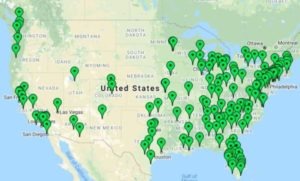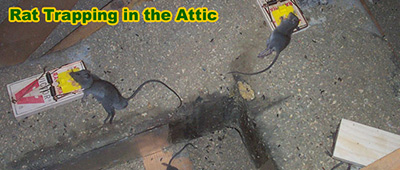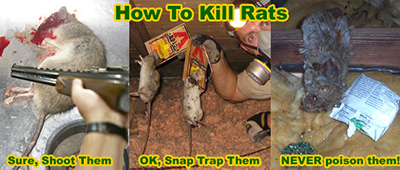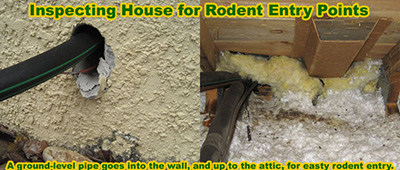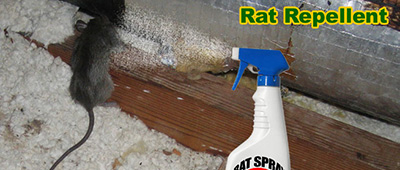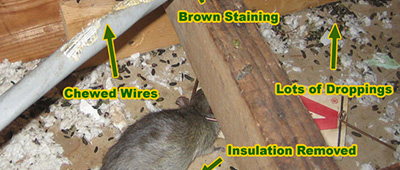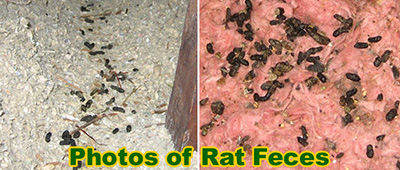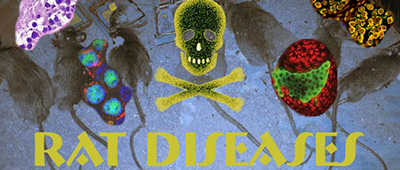We hate to be the bearer of bad news, but if you have one rat, there is most certainly more somewhere hiding. These
rodents are very sociable creatures, and they often live in rather large groups that come together as a hierarchy, of
sorts. There will be alpha males, and then males that fall below them. The same with work with females too. When you
take one of these rats away from their group, they are very sad and will often become depressed and anxious. PETA-backed
studies have shown that rats feel very much all of the same emotions that we humans do, and this includes sorrow and
sadness when separated from friends and loved ones.

If you spot one rat in your home, or even in the near vicinity of it, there's a very good chance that there are more somewhere. Hiding in the shadows of abandoned buildings, sewer works, crawl spaces, wall cavities and your attic, there will be more. That's why taking care of your home - the building - is just as important as taking care of the family within it. It takes just the smallest of holes to let a rat right in, and if one gets in, it won't be long before others follow in its tiny little paw prints.
For the record, a group of rats is called a pack, and they will guard their territory from rats that don't belong in it. They groom each other, play around with each other, very much the same kind of thing that young human siblings do … before they learn to hate each other and fight with one another, of course. But they involve each other a lot during those daytime hours. They'll nap for a bit, well, up to 75% of the day actually, but in the few hours that they are awake, they interact with one another, making friends and sometimes enemies. They are incredibly social creatures, and one rat will almost always mean more following in its footsteps. If you see one rat around your home, it's time to check the house to make sure they can't get in.
Go back to the Rats in the Attic home page.
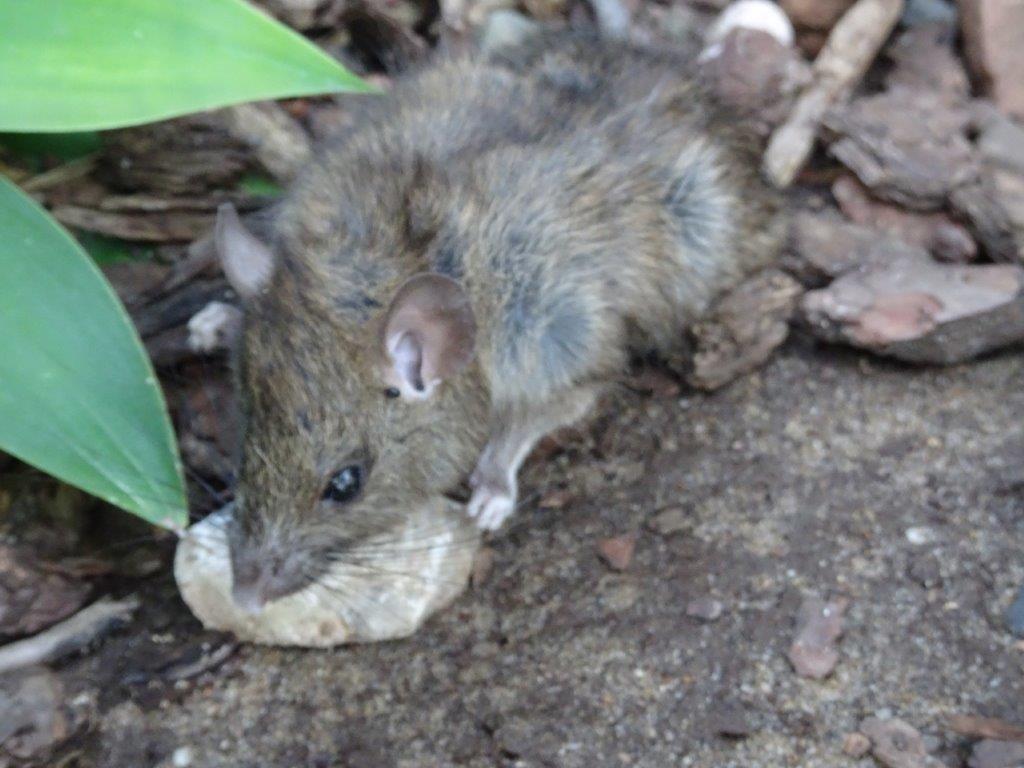
Let us imagine a scenario for a moment. You are in your home, having breakfast and watching the morning news. In between sips of your coffee, a June bug lands in front of you. There’s only one, you deal with it, and return to your meal. You’re not super concerned because it likely just found a way in through a window and it was not indicative of any larger issue.
But what if in this situation you were not dealing with a single June bug? What if, instead, you were having your breakfast and out of the corner of your eye you saw a brownish-grey animal scurrying around your floor? You quickly dart your eyes over and see that what you are looking at is a rat. Just a single rat. Of course, you will have to deal with it, but is it the only one?
In this situation, unlike with the June bug, you are almost definitely dealing with a larger issue than a single animal. By nature, rats are incredibly sociable and typically would not choose to live alone as they would not be able to do their main biological imperatives. Creating more rats is the most important thing to these scurrying, scratching creatures.
A pack of rats is normally started by a single male and female rat, though this will quickly become a much larger pack as they mate. Sometimes there will be one male rat and several females and other times there will be several dominant males living within a pack.
If you see a single rat in your home there are a number of things you must do to evaluate the reality of your situation. You are going to need to do a full examination of your home in order to see what the extent of the damage and infestation will be. This will also help you to understand the gravity of the situation and help you to decide what your next steps will be.
It’s worth noting that plopping down a pile of rat poison is probably not your best option right now. Poison does not work quickly and you will likely only end up with a bunch of dead rats rotting in your walls. Instead, you should look to options like snap traps that kill rats instantly and will keep their bodies in a place you can check for often and dispose of ASAP. If you suspect that this method will not work fast enough it may be time to call in a professional to deal with the situation.

